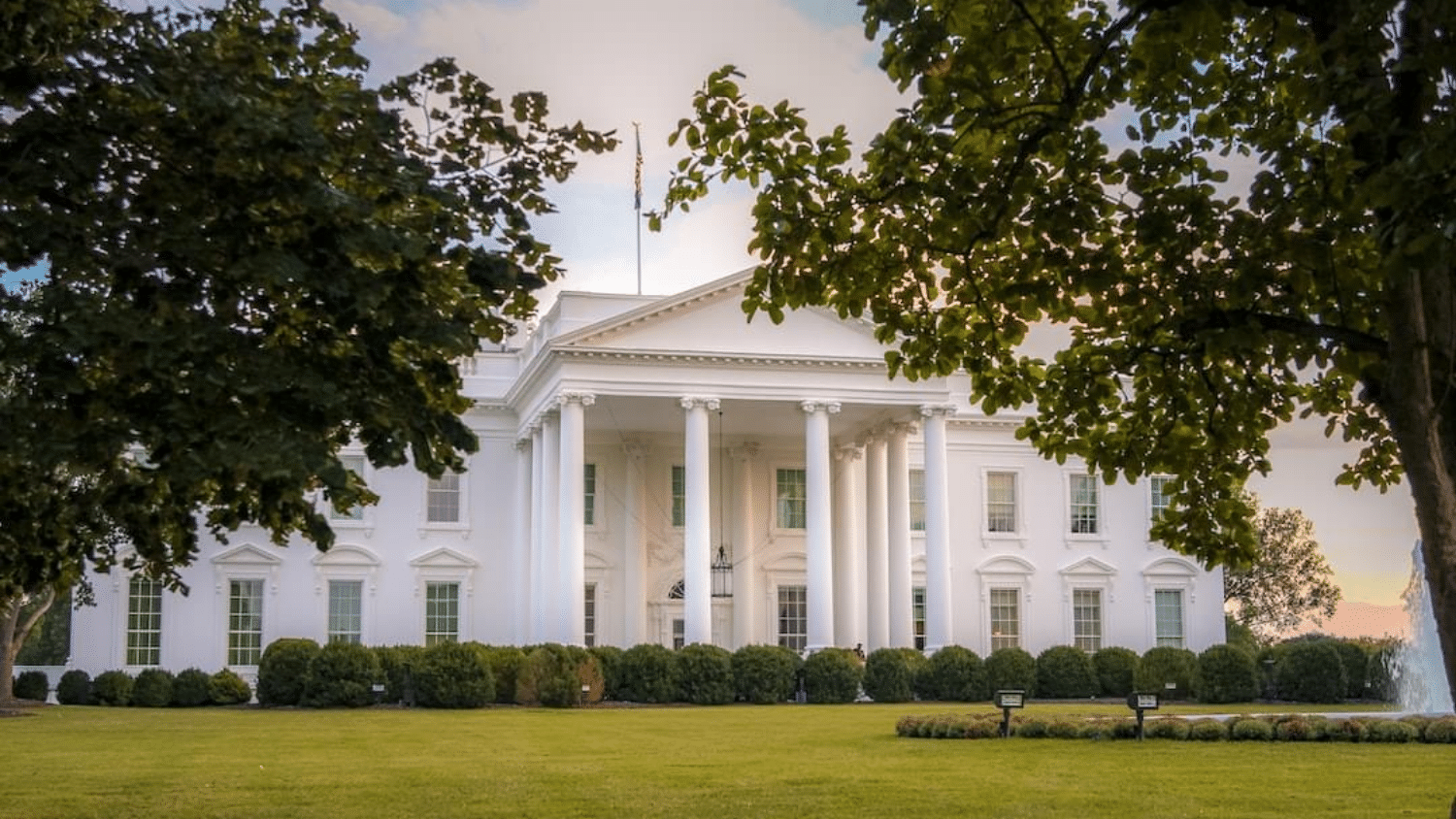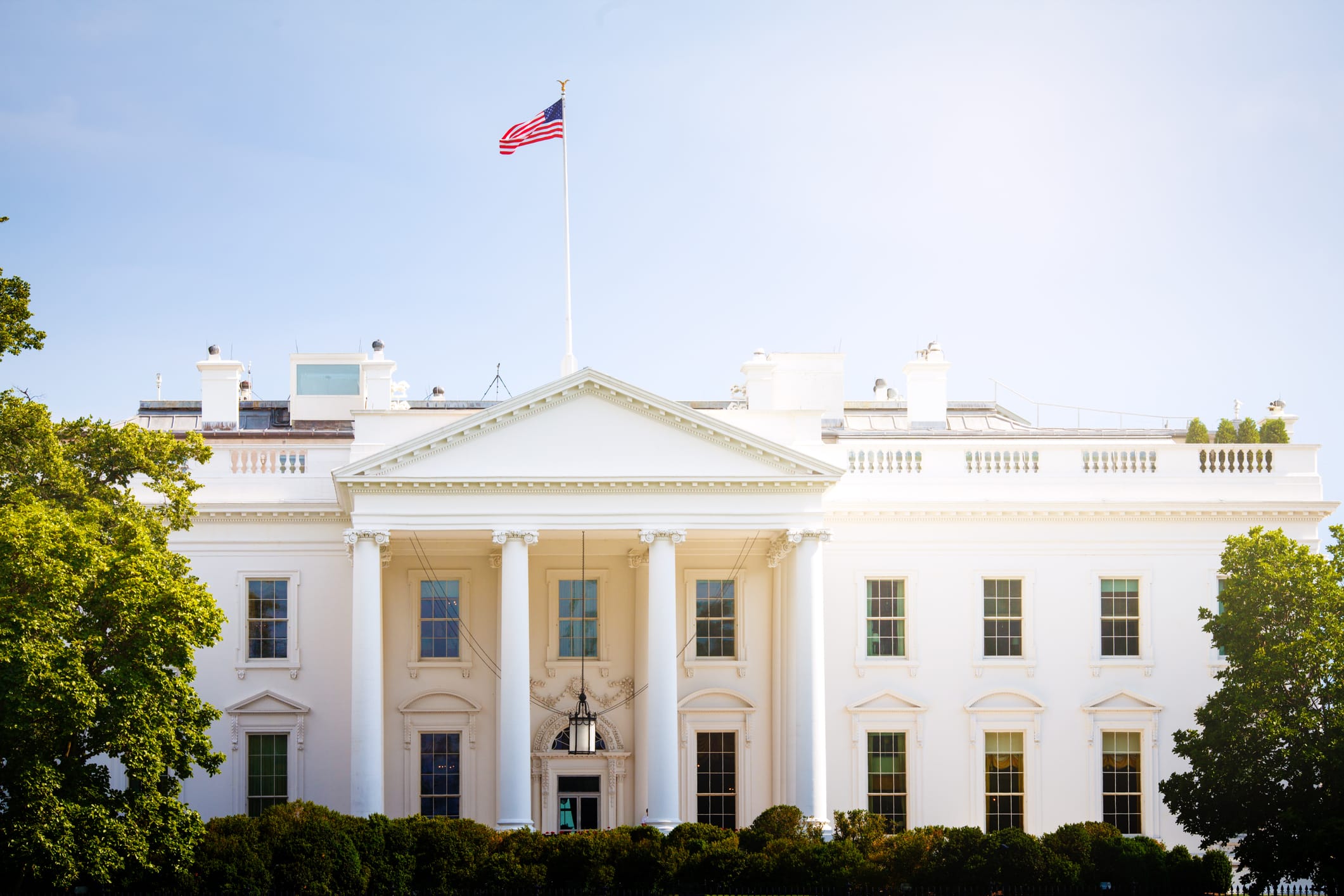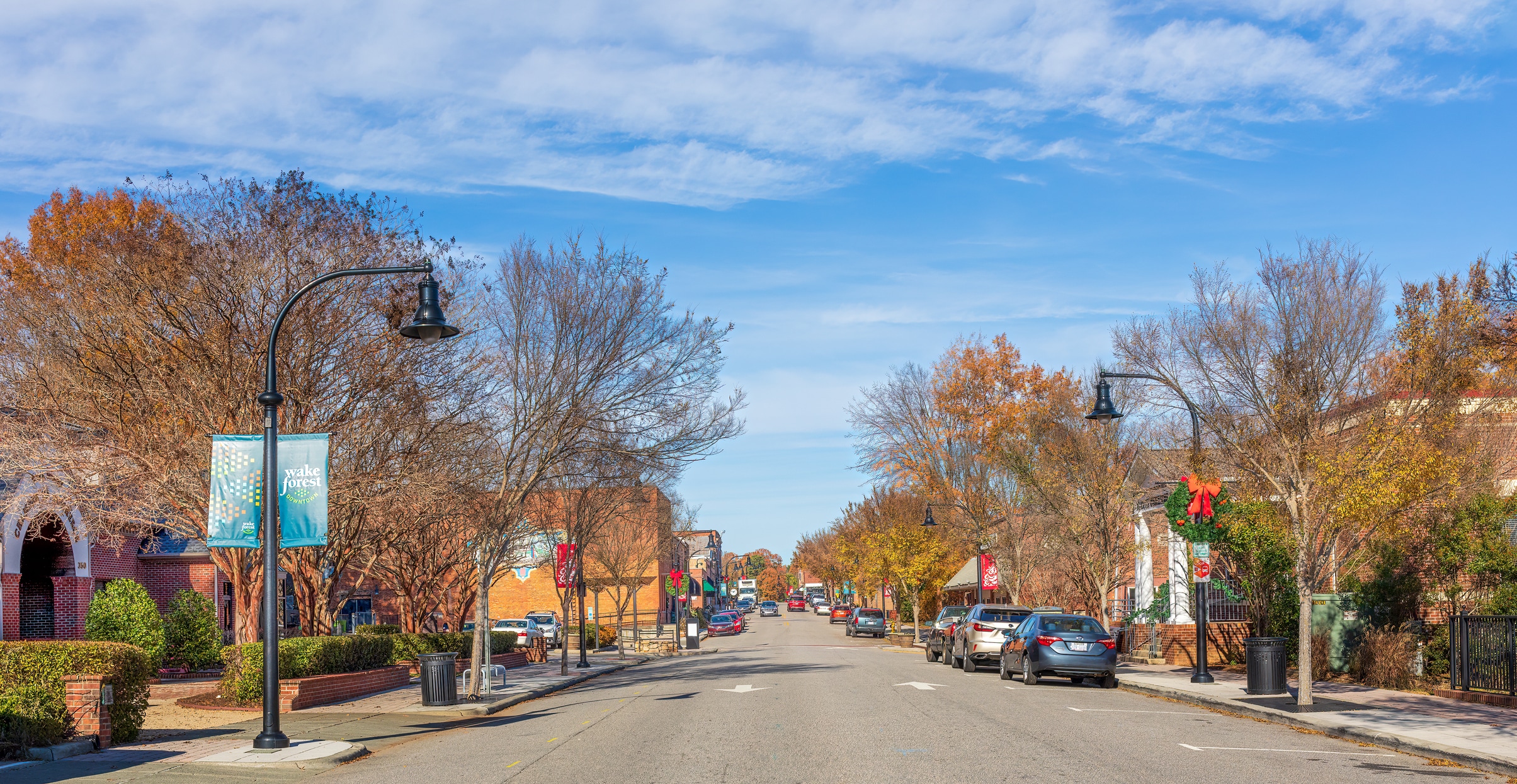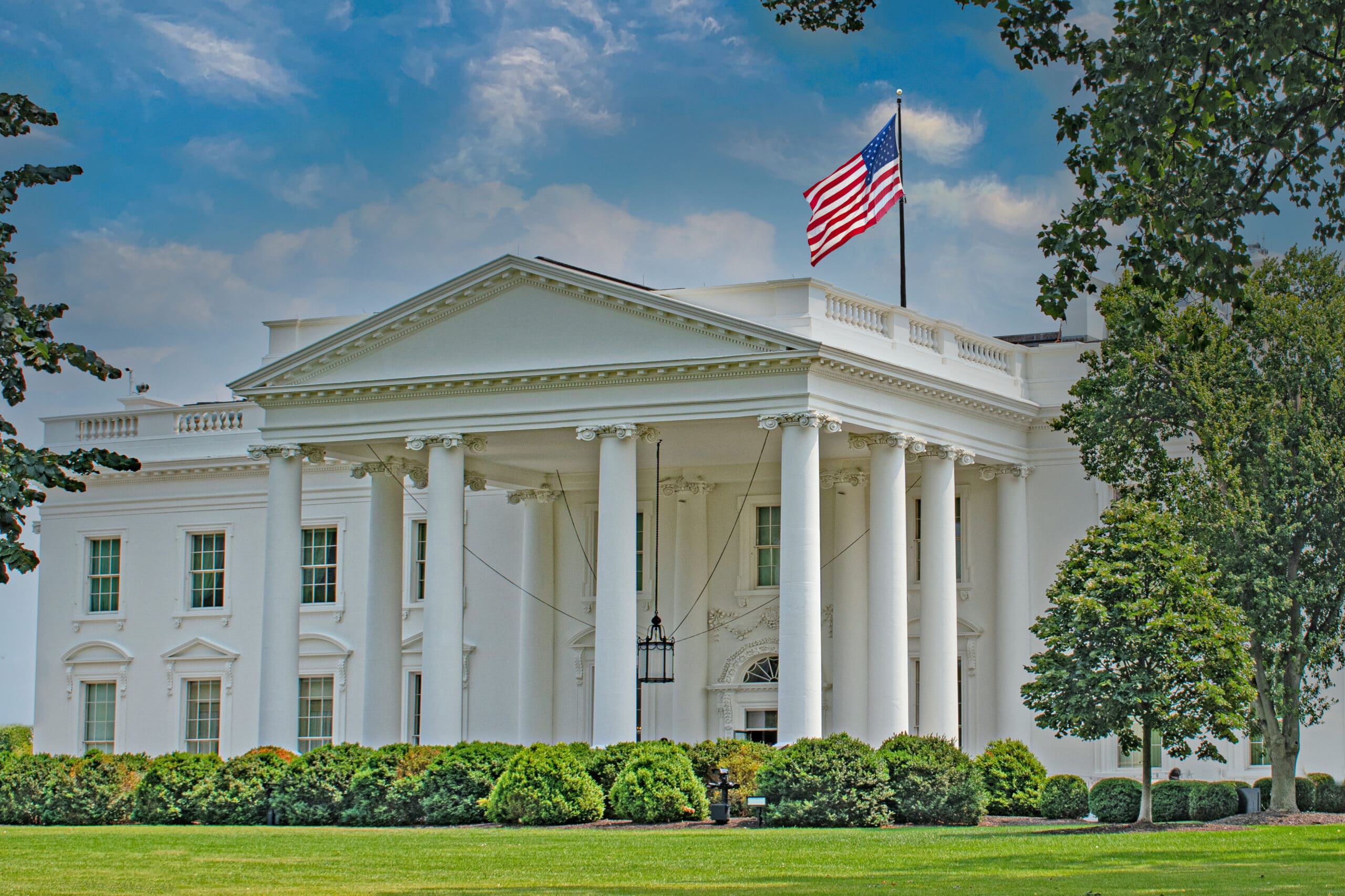Plurality of Primary Voters Oppose Six-week Abortion Law
A new Emerson College Polling survey of South Carolina voters finds former President Donald Trump with a 29-point lead in the Republican Primary over former South Carolina Governor Nikki Haley, leading 54% to 25%. Seven percent of Republican Primary voters support Florida Governor Ron DeSantis, 5% support former New Jersey Governor Chris Christie, and 3% support Vivek Ramaswamy. Six percent are undecided.
“The current state of the race in South Carolina finds Trump as the frontrunner with Haley as his main opponent. DeSantis has seen a decline in support, and similar to our New Hampshire poll has faded into the pack with single-digit support” Spencer Kimball, Executive Director of Emerson College Polling, said. “A key question arising from this poll is whether Haley can mobilize ample support in her home state before the primary, in the case the race becomes more competitive after New Hampshire.”
- Haley has an edge among voters who affiliate as independents 37% to 33%, but trails nearly 3:1 among those who affiliate as Republicans 62% to 21%.”
- Among voters who are “very likely” to vote, Trump leads Haley 57% to 24%, but among “somewhat likely” voters, the vote tightens to 34% for Trump and 31% for Haley.
- Haley holds the same level of support from men and women voters, at 25% respectively.
- Trump leads Haley among all age groups.
- Haley performs stronger among voters with postgraduate degrees: these voters split between Haley at 40% and Trump at 39%.
“Haley currently earns the support of a plurality of Christie voters, 44%, as their second choice for the nomination, but others split their vote between the top candidates,” Matt Taglia, Senior Director at Emerson College Polling, said. “With limited undecided voters, a path for Haley in South Carolina could depend on converting some of these first and second choices.”
Sixty-nine percent of Democratic Primary voters plan to vote for President Joe Biden, while 5% support Dean Phillips, and 3% support Marianne Williamson. Twenty-two percent are undecided.
“Biden holds a strong base of support among South Carolina Democrats, no alternative presents any challenge for the president,” Kimball said. “The 22% still on the sidelines present an opportunity for Biden to begin his 2024 primary elections with a strong showing to open for the Democratic nomination.”
The economy is considered to be the “most important issue” facing South Carolina, at 40%, followed by immigration (14%), education (9%), “threats to democracy” (9%), healthcare (8%), crime (6%), housing affordability (5%), and abortion access (5%).
“Perception of the most important issue facing the state varies by party,” Kimball explained. “Republican voters more strongly view the economy as the top issue at 49%, followed by immigration at 19%. Democrats are more splintered: 28% find the economy to be the most important issue, 16% healthcare, 12% ‘threats to democracy,’ and 9% abortion access. Independent voters fall somewhat in the middle, 37% view the economy as the top issue, 12% ‘threats to democracy,’ and 10% immigration.”
Regarding South Carolina’s law that bans most abortions after six weeks, 44% oppose the law, 38% support it; 18% are unsure.
“Fifty-three percent of Republican voters support the six week abortion ban, while 62% of Democrats and 48% of independents oppose the law,” Kimball noted. “Men support the South Carolina abortion law 43% to 41%, while women oppose it 47% to 34%.”
Methodology
The Emerson College Polling South Carolina survey was conducted January 2-3, 2024. The sample of South Carolina voters, n=1,046, has a credibility interval, similar to a poll’s margin of error (MOE), of +/- 3 percentage points. The Republican primary has a sample of n=584, with a credibility interval of +/- 4%. The Democratic primary has a sample size of n=320, with a credibility interval of +/- 5.4%.
Data sets were weighted by gender, education, race, age, and region based on 2024 registration modeling. Turnout modeling is based on U.S. Census parameters, and South Carolina voter registration information. Data was collected by contacting an Interactive Voice Response (IVR) system of landlines, MMS-to-web, and a voter list of emails provided by Aristotle, an online panel of voters provided by Alchemer.
It is important to remember that subsets based on demographics, such as gender, age, education, and race/ethnicity, carry with them higher credibility intervals, as the sample size is reduced. Survey results should be understood within the poll’s range of scores, and with a confidence interval of 95% a poll will fall outside the range of scores 1 in 20 times.
All questions asked in this survey with exact wording, along with full results, demographics, and cross tabulations can be found under “Full Results.” This survey was funded by Emerson College.







